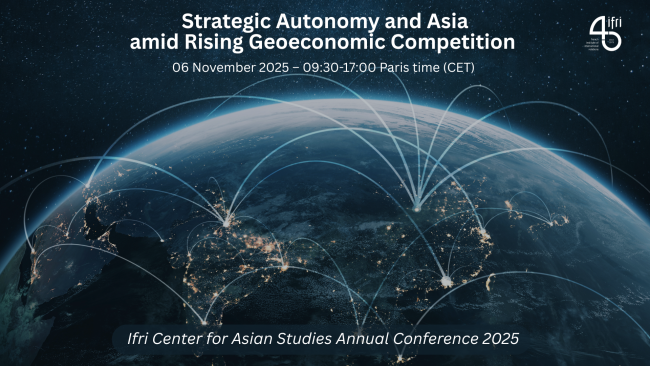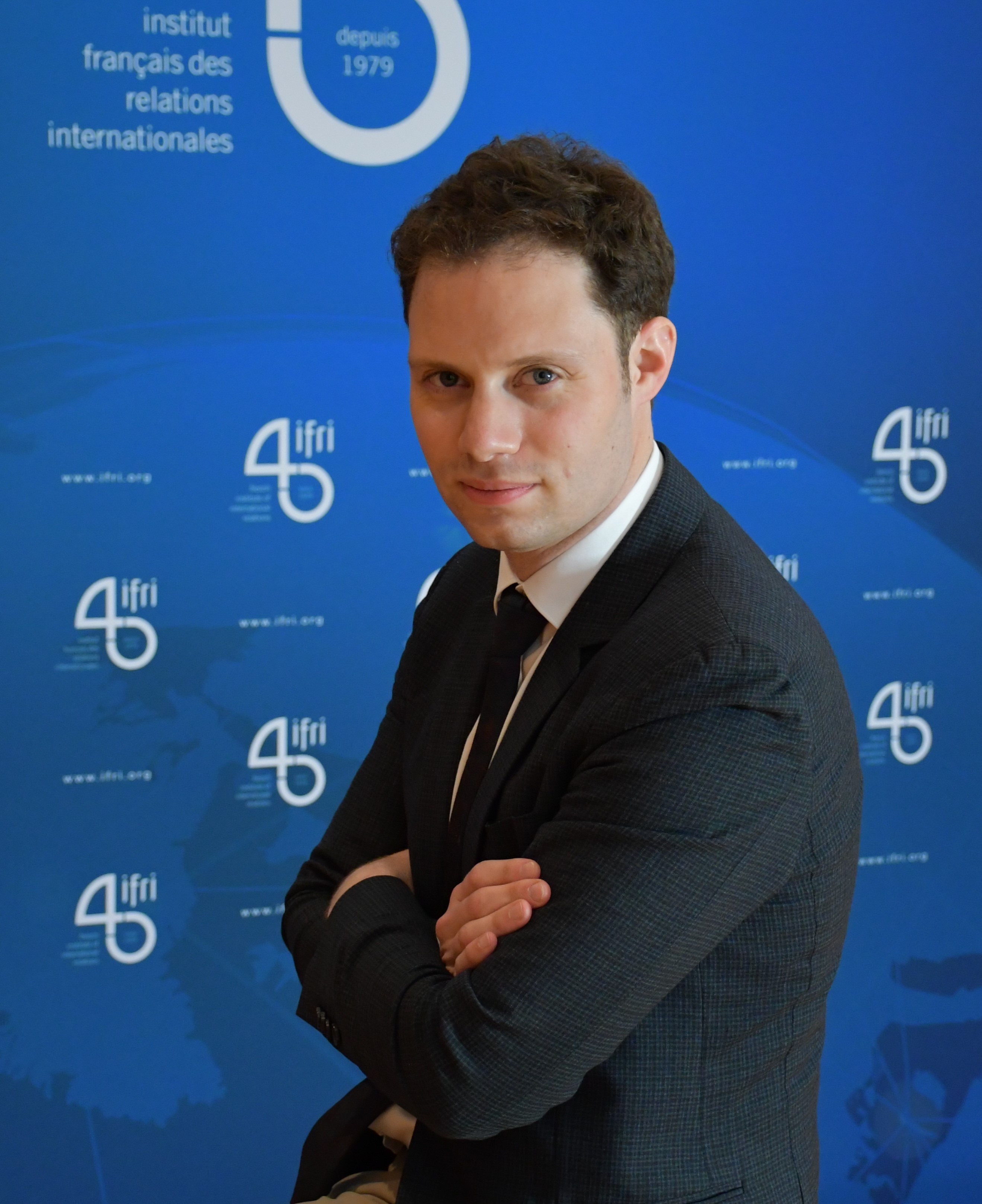
Practical information
Landpower has long been dissociated from "strategic forces", as these generally refer to long-range and/or high-yield strike capabilities.However, the recent military commitments contest this notion and highlight the current and future strategic value of landpower.

Although the first and foremost domain in the history of warfare, Landpower has long been dissociated from “strategic forces”, as these generally refer to long-range and/or high-yield strike capabilities. This notion however, is now being challenged in the light of recent military engagements and the future operational environment. From the growing contest in air, sea and cyber commons to the renewed need for land-based reassurance and deterrence-related missions, not forgetting the persistent problem of stabilization and unconventional warfare, as well as the integrating challenge of multi-domain operations, time has come, to reassert the strategic value of land forces.
Panelists :
Elie Tenenbaum, Research fellow at IFRI's Security Studies Center, coordinator of the Defense Research Unit (LRD)
Lieutenant-General (US) Cavoli, Commanding General of US Army Europe
Lieutenant-General (FR/ RET) Yakovleff, member of the NATO Senior Expert Group (SEG), Senior mentor for the French Ecole de guerre and for the Centre des hautes études militaires (CHEM)
Moderator : Corentin Brustlein, Research fellow, Head of the Security Studies Center, head of the institute’s Deterrence and Proliferation program
Contact Ifri : [email protected]


Speakers
Find out more
The Strategic Role of Land Forces: A French Perspective
Although the first and foremost domain in the history of warfare, Land power has been dissociated from the concept of “strategic forces” for some time now, as these generally referred to long-range and/or high-yield strike capabilities, above all nuclear weapons.
Related Subjects
Other events

The Future of Space Cooperation: Challenges and Opportunities in the Trump II Era
The policy orientations of the Trump II administration profoundly challenge the foundations of international cooperation in space science and exploration. This shift reflects a broader trend of strategic disengagement and weakening of multilateral mechanisms in the space domain.

Strategic Autonomy and Asia amid Rising Geoeconomic Competition
Amid growing strategic and geopolitical uncertainty, Europe is grappling with the notion of its strategic autonomy. For Europe’s partners in Asia, the concept is also becoming increasingly salient as the world enters an era of structural transformation.
The New Nuclear Instabilities on the Korean Peninsula
From the growing size and diversification of the North Korean nuclear arsenal, and an open rhetoric in favor of nuclear proliferation in the South because of the loss of credibility of U.S. extended deterrence, the Peninsula is facing raising nuclear tensions.










